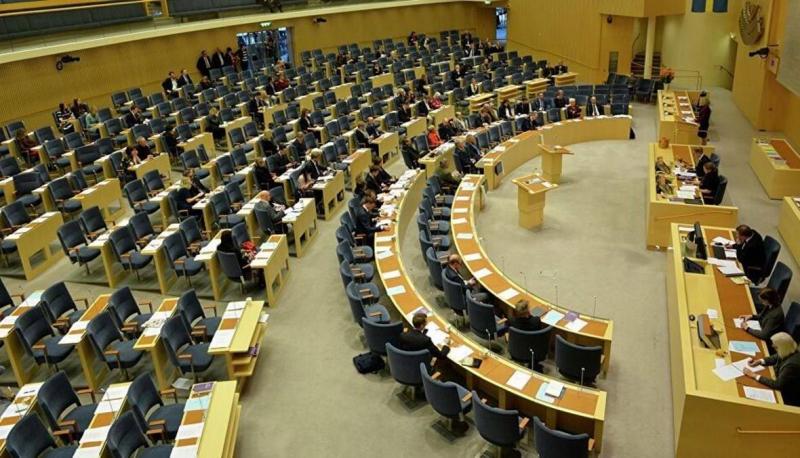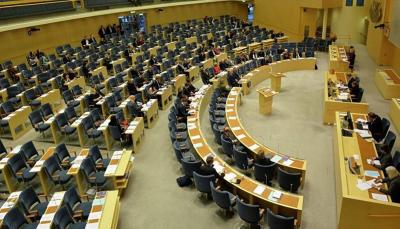Experts and politicians have confirmed that the political will in Sweden to ban the burning of the Quran, which has provoked wide areas of the Islamic world, is limited. Even if support for such a move were available, it would face obstacles and complications. The current laws, policies, and social traditions in Sweden suggest that such incidents are unlikely to cease anytime soon.
Swedish courts have ruled that the police cannot intervene in the burning of sacred texts. While the last two incidents of Quran burning may be subject to legal scrutiny as incitement to hatred, it is widely believed that this act is protected by the extensive freedom of expression laws in the Swedish constitution. Amending the constitution is a lengthy process that requires a vote in parliament, a public referendum, and then another vote in parliament.
However, Prime Minister Ulf Kristersson's government said last week that it might consider the possibility of modifying public order laws to enable the police to respond to Quran burning, amid concerns about national security. The issue of Quran burning could jeopardize Sweden's accession to NATO. Turkish President Recep Tayyip Erdoğan previously warned that Sweden would not be accepted into the military alliance if incidents of Quran burning occurred there. So far, Turkey, along with Hungary, is obstructing Sweden's bid to join the alliance initiated after the Russian invasion of Ukraine, although Erdoğan said earlier this month that he would present the membership application to the Turkish parliament.
The Organization of Islamic Cooperation, which includes 57 countries, introduced a resolution adopted by the United Nations Human Rights Council on July 12, calling on countries to review their laws that prevent prosecution for "religious hatred." Swedish Deputy Prime Minister Ebba Busch, a member of the Christian Democrats, stated earlier this month that Sweden alone decides its legislation and will not be influenced by the beliefs or laws of other countries. She tweeted on July 7 after a Quran was burned in front of a mosque in Stockholm, "Sweden does not bend to Islamists. Burning sacred texts is reprehensible but not against the law."
It is also highly unlikely that any potential amendment to criminalize such acts could be passed, as the minority government relies on support from the Sweden Democrats, the second-largest party in parliament after last year's elections, which is anti-immigration and critical of Islam. Richard Jomsoff, the secretary of the Sweden Democrats, stated in an emailed statement, "The Sweden Democrats have not considered introducing any such law in Sweden and do not intend to support any such legislation if presented to parliament."
"Good luck" with changing the laws. Burning the Quran is permitted in Sweden, Denmark, and Norway but not in neighboring Finland, where it is illegal to desecrate sacred texts in public. Sweden once had a similar law but abolished it in the 1970s. Sweden has laws prohibiting hate speech against ethnic, national, religious groups, and individuals based on sexual orientation. However, burning sacred texts has not yet been classified as hate speech but is considered acceptable criticism.
Nils Funke, a journalist and expert on freedom of expression issues, stated that introducing amendments to public order laws in the manner proposed by the government would be very difficult and is likely to conflict with the constitutionally guaranteed freedom of assembly in Sweden. He added, "We wish you good luck in drafting such a law. There will not be many protests if we show interest in threats from extremist organizations in countries like Iran or Iraq." He continued, "How can you organize a protest against someone like (Russian President Vladimir) Putin? That certainly endangers Sweden's safety."
A 2022 Gallup poll revealed that the highest percentage of citizens who declared themselves as non-believers was in Sweden. Sweden abolished laws that punished criticism of religion or mockery of the monarchy in the 1970s. Funke stated, "This is our tradition... the argument is that there is no reason to exempt religion from criticism while all other areas of society are discussed freely."




